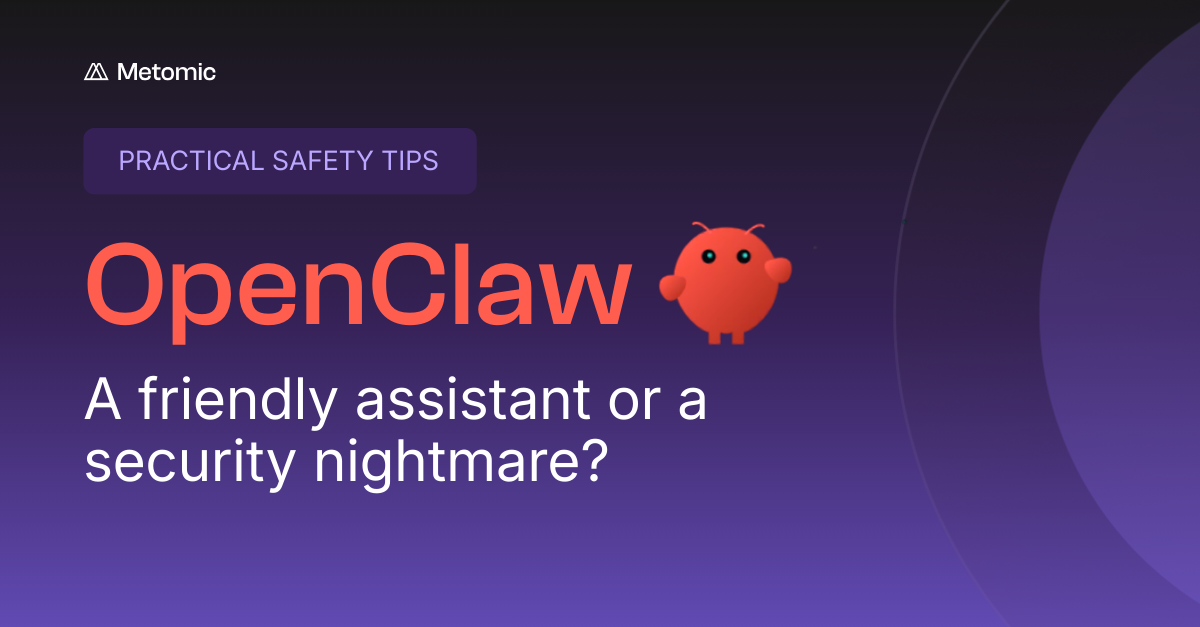December Product Update 2024
In December, we've enhanced our new Event-Based Workflows feature with Insights, and a Trigger Modal, to help you make informed decisions quickly and easily.

December Product Update 2024
In December, we've enhanced our new Event-Based Workflows feature with Insights, and a Trigger Modal, to help you make informed decisions quickly and easily.

In December, we've enhanced our new Event-Based Workflows feature with Insights, and a Trigger Modal, to help you make informed decisions quickly and easily.
Get Insights on Event-Based Workflows
Last month, we released Event-Based Workflows, and this month, we're introducing Insights to help you get the most out of our newest feature. Insights help you spot patterns in your workflows, such as 100% of files being stored in a specific shared drive or no files being marked as public, providing your security team with valuable context to assess whether an employee's actions were truly risky or not.
Event-Based Workflow Insights give security teams the ability to identify patterns in employee activity, making it easier to distinguish between high-risk and low-risk actions. With this additional visibility, teams can quickly evaluate potential threats and respond more effectively.

Event and Action History for More Informed Decisions
To improve your experience of Event-Based Workflows further, we're also launching the Event-Based Workflow Trigger/Incident Modal.
This feature offers a comprehensive overview of incidents, showing the event and action history alongside the newly introduced Insights, giving your team a full picture of each incident in one convenient location.
Security teams will now be able to access all relevant information about an incident in one place so it's easier to make quicker, more informed decisions and respond to potential threats in a timely manner.

Metomic's Hot Take
Whereas traditional workflows monitor and flag assets based on specific content or configurations, they may miss actions and behaviours indicating insider threats or unintended activities.
That's why we've recently introduced Event-Based Workflows, enabling organisations to respond proactively to such activities. I told our team all about how security teams can use this feature to protect their sensitive data in a recent interview. You can read it here.



.png)
